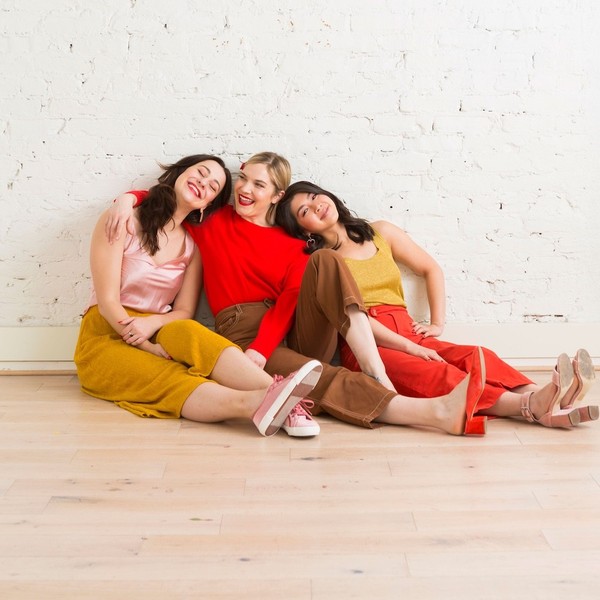Science Says *THIS* Is Why You Experience Déjà Vu

You know the feeling — you’re going about your day, walking along, simply talking to someone when BOOM! Out of nowhere, it hits you like lightning — you’ve been here before. You’ve been in this exact same moment and place, or had this exact same conversation with someone… yet something doesn’t quite feel right, leaving you totally confused and wondering, “What the hell just happened?” or even, “Am I in Groundhog Day?”
Though it’s a commonplace occurrence, the phenomenon known as “déjà vu” (check out these Fuller House pics to see what we mean) has never really been explained by science, leaving it open to other interpretation (past lives, anyone?) — until now, that is.
In short? Researchers believe it’s your brain fact-checking itself. If you’re thinking, “huh?” follow along.
In a study of 21 volunteers, which findings were presented at the International Conference on Memory last month, researcher Akira O’Connor at the University of St. Andrews in the UK monitored their brain activity while simultaneously triggering “false memories.”
To do so, she orally gave subjects a list of words that were connected by one main link without saying the linking word — which in this case involved saying, “bed,” “dream,” “night” and “pillow,” being sure to leave out the word sleep.
The subjects confirmed for Akira that they had heard no words beginning with an “s” — yet when they were finally given the word “sleep,” it felt familiar to them, giving them a case of déjà vu.
As they experienced this, their brains recorded activity not in the expected hippocampus area — which controls our memories — but in the frontal lobe of the brain, which is related to things such as decision-making and conflict-resolution.
“There may be some conflict-resolution going on in the brain during déjà vu,” scientist Stefan Köhler told New Scientist. In layman’s terms, that means that the frontal lobes are fact-checking our memories and alerting us to errors. It makes sense, especially when you consider that déjà vu happens less and less frequently as we age — around the time when our memories begin to fade.
While critics challenge that some don’t experience déjà vu at all, O’Connor says that it doesn’t negate his new theory — their memory system may just be more advanced, suggesting that there are no errors to fact-check.
Huh! While we still don’t hate the idea that we once lived a life as a queen (hence why we’re so drawn to Disney movies), we guess we’ll concede that this miiiiiight make more sense.
Do you believe O’Connor’s theory explains déjà vu? Share with us over @BritandCo!
(h/t IFL Science, photos via Getty)



















